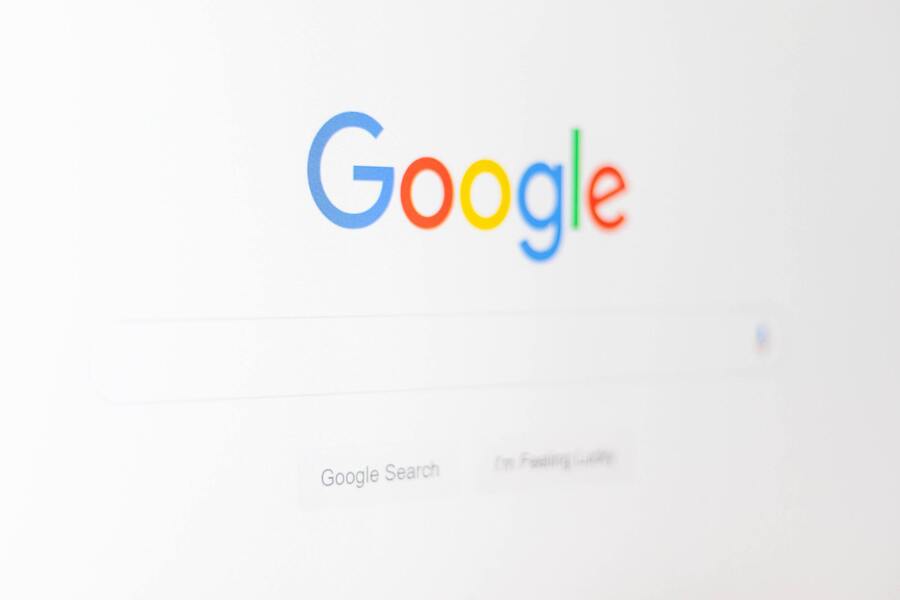Thoughts & Articles
SEO basics


Photo by Christian Wiediger on Unsplash
If you're new to search engines or just want to make sure your website is competitive in search, you need to understand a few basic ideas about content and meta information for your pages.
First: What is a page?
For the purposes of search engine optimization, a page is what shows up for each url on your website. That may sound self-explanatory, but each page on your website might be made up of multiple entries. Your homepage may contain a few different entries or articles, but to a search engine the homepage is always just https://yourdomain.com/ with or without a slash at the end. Each url is indexed seperately by the search engines, so it's important to be mindful of your meta information (see below) for each unique url on your website.
Second: What is content?
a. Volume
What you write on each page is critical to search. There are no shortcuts to quality, unique and authoritative content. Content is any text and/or images on each page (see above). Search engines like google like to see unique and complete content on each page. This can be a problem for pages that are just a few lines of text, like your contact page, where long content may not be very helpful to a human visitor. Search engines like to see at least 300 words on a page to have enough data to determine what the page is about. That doesn't mean you should stuff every page with useless information. Remember, it's not worth optimizing for search engines if you sacrifice intelligabililty for your visitors. If you so that, people might be able to find your website easier, but once they are there, they might browse away too quickly.
b. Relevence
The copy on each page should be informative and have agreement with your meta information (see below). Search engines have complex algorithms to determine whether your page is an authoritative source. The more the search engines see you as an authoritative source for the information you provide, the higher your score will be and the further up in search results for relevant searches you will place.
c. Accessibility
This is becoming a big issue of late. It's important that your website is easy to read for people who have trouble seeing. In the website design phase, your Slab website should have standardized font-sizing and color contrast to work well for people who have trouble seeing. Our websites are increasing accessible to people who rely on tabbed-based brwosing as well. However, the one thing we encourage you to do is to add ALT-TEXT to ALL of your images. This is in a short text field next to the image upload when you create a new entry on your website. ALT-TEXT should be a simple description of the image you added. If it's a picture of a cup of coffee, it might read "cup of black coffee on a table." Imagine if you couldn't see the page, and you needed someone to tell you about the images on the page. Simpler is better. Do not try to stuff search terms into your image alt-text unless it's directly relevant to what is in the image.
Third: What is meta-information?
If you have our new SEO tool installed you will see an orange tab on each page of your website on the left-hand side, above the SLAB MENU. If not, you can find a meta information button in the controlbar or in the SLAB MENU. There are a few important things to pay attention to the fields in this tool.
a. Meta Title
This is the description of the page that you see in the browser tab. Sometimes it's obscured, but if you hover over it, you will see it there. More importantly, this is the text that shows up at the top of a search result for your website. A good meta title should be unique to the website between 40 and 60 characters long. If your meta title is too long, search engines will rank that page down. Here is a decent example of a meta title:
SEO Basics | Help with Meta Tags | Guidelines | Slabmedia
Notice that the name of our company is at the end. In all likelyhood, getting found for the name of your company is going to be easy, but that doesn't help you win the search wars for terms that people who don't already know about you are searching for. It's good to have your company name in your meta titles on some or most of your pages, but the other text is the priority. This meta title is 57 characters, which is good. You don't want to get to 60 every time. That might actually count against you in the algorithms that run search engines. Getting close is better. This is what will get someone to click on your link in the search results. Make sure your meta titles are relevant to the content on the page and contain phrases that people might actually search for. Determining the optimal search terms is the job of SEO professionals, but it's fine to guess.
b. Meta Description
This is a short description of what is readable on your page. It should be a pithy description of what the page is about. You can pick some content that's already on the page if that content is compelling and descriptive. The guidelines are that these descriptions should be between 150 and 160 characters but you don't need to be exact about that number. You can go a little over, but it's best not to go below 120 or over 220. Using search terms in your description is recommended, but it's unclear if it has a direct effect on your search position. A decent meta description for this page might be:
If you want to make sure your website is competitive in search, here are a few basic ideas about content structure and meta information to keep in mind.
This is (hopefullly) an enticing bit of information that might increase the likelyhood a searcher will click on your link. One last thing to keep in mind is that search engines do not want to see duplicate meta descriptions on your site. Each description, like each site-title should be unique.
c. Meta Image
This is not used for search engines, but they are useful for social media. When you post a url on twitter or some other social platform, it pulls the image from this value. In our SEO tools we allow you to choose an image from the content of your page or related content from the same section to set the meta image.
Are we done?
Those are the basics, according to us. Remember, the algorithms are constantly changing, and SEO is highly competitive. We believe you should be able to take control of your own organic search profile, which includes all of the above points. You may, however, decide that you need more help with your position in search. If so, we have a number of professional SEO packages that can help you when you are ready to invest in better results.